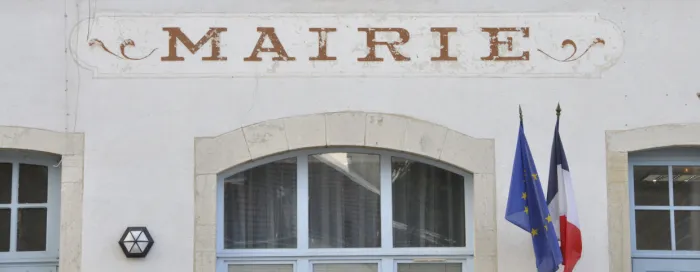On Sunday the 15th of March, the first round of local elections in France took place. Two days later, because of the COVID-19 pandemic crisis, the French President Emmanuel Macron postponed the second round of the elections to June 2020.
Socialist family maintains a stronghold in major cities
Socialist candidates maintained their positions in several major cities. In Paris, the incumbent mayor Anne Hidalgo gathered 29.3% of the votes and took the lead in 12 out of the 20 Parisian districts. Socialist candidates were also front running in Brest, Clermont-Ferrand, Dijon, Le Mans, Lille, Nantes, Nancy, Rennes, Rouen and Villeurbanne. In Marseille, after a long conservative reign, Michèle Rubirola’s left coalition list came first with 23.44% of the votes. In Bordeaux, a Green-Socialist coalition list drew with the top candidate from the LR conservative party (at 34%).
However, Socialist candidates not only succeeded in large urban areas as illustrated by the overwhelming victory of the PES Group’s President Christophe Rouillon with 80.66% of votes in Coulaines.
Municipales 2020. Résultats du 1er tour à Coulaines : Christophe Rouillon élu haut la main #Municipales #Coulaines #Le Mans @lemainelibre @l_amf @PES_PSE @EU_CoR @cdr https://t.co/T0rHFJapsW pic.twitter.com/4A9TxwTAWl
— Christophe Rouillon (@ch_rouillon) March 15, 2020
Progress of the Greens (Europe Ecologie Les Verts – EELV) and drop of Macron's party
The Greens, generally allied with the Socialists, keep on their increasing trend since the European elections. They are in the lead in Lyon, where they top the result in 8 out of 9 districts, but also in Grenoble, Besançon and Strasbourg.
The President's party LREM scored low and did not win for now in any major city with the exception of Le Havre, where Prime Minister Edouard Philippe stayed 10% below his 2014 score, and of Toulouse, where the LREM candidate joined forces with the conservatives. Only the outgoing mayor and minister Gérald Darmanin (in Tourcoing) and Franck Riester (in Coulommiers) were elected in the first round. Different top politicians from LREM faced disastrous results, such as Gérard Collomb, mayor of Lyon for 19 years and former minister for Home Affairs, Marlène Schiappa, current State Secretary for Gender Equality, or in Paris Agnès Buzyn, former minister for Solidarities and Health.
The far-right party (RN) consolidated its positions, notably in Fréjus and in Hénin-Beaumont. A RN candidate is in a favourable position for the mayorship in Perpignan.
Towards a feminisation of politics?
Since 1999, French electoral lists include an equal number of male and female candidates. However, out of four, a little less than one head of list is a woman in France. Although true for the country as a whole, this figure varies across cities: in municipalities from 1000 to 100,000 inhabitants, the share of women as head of list is 23.7%, whereas women represent 38.1% of the heads of lists in cities above 100,000 inhabitants. Indeed, in Paris, the three main candidates running for the city hall were women: Anne Hidalgo (Socialist), Rachida Dati (LR) and Agnès Buzyn (LREM). Women were leading the Socialist lists in Lille with Martine Aubry, in Nantes with Johanna Rolland, in Rennes with Nathalie Appéré and in Marseille with Michèle Rubirola. Actually, women head 32.3% of the left-wing lists in large cities against 29% for centrist parties and 22% for right wing and far-right lists.
We hope these successful results for the French progressive parties will be confirmed in the second round of the elections, due to take place in June 2020!
Découvrez en direct les résultats de votre ville https://t.co/25jUpee7oq
— Capital (@MagazineCapital) March 15, 2020
